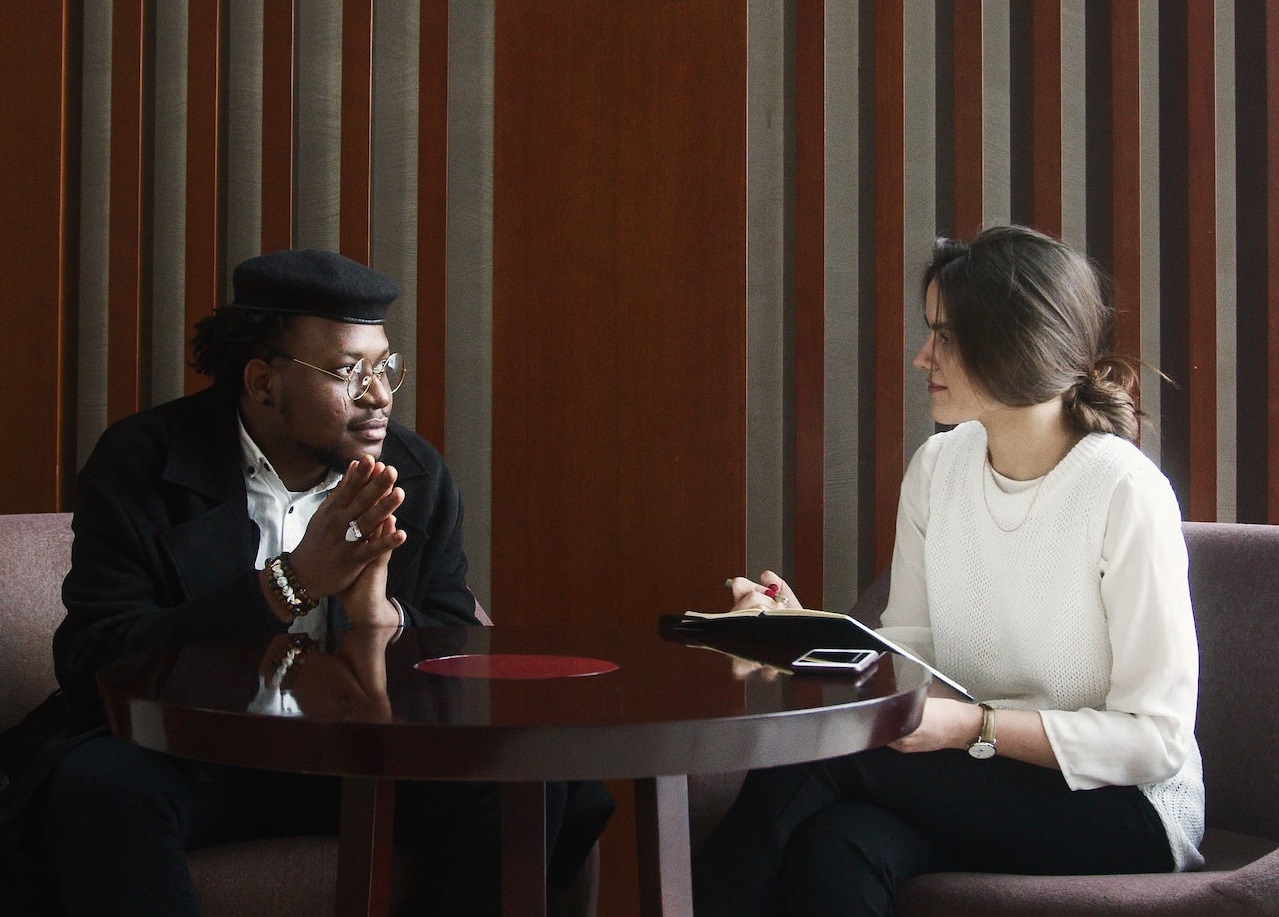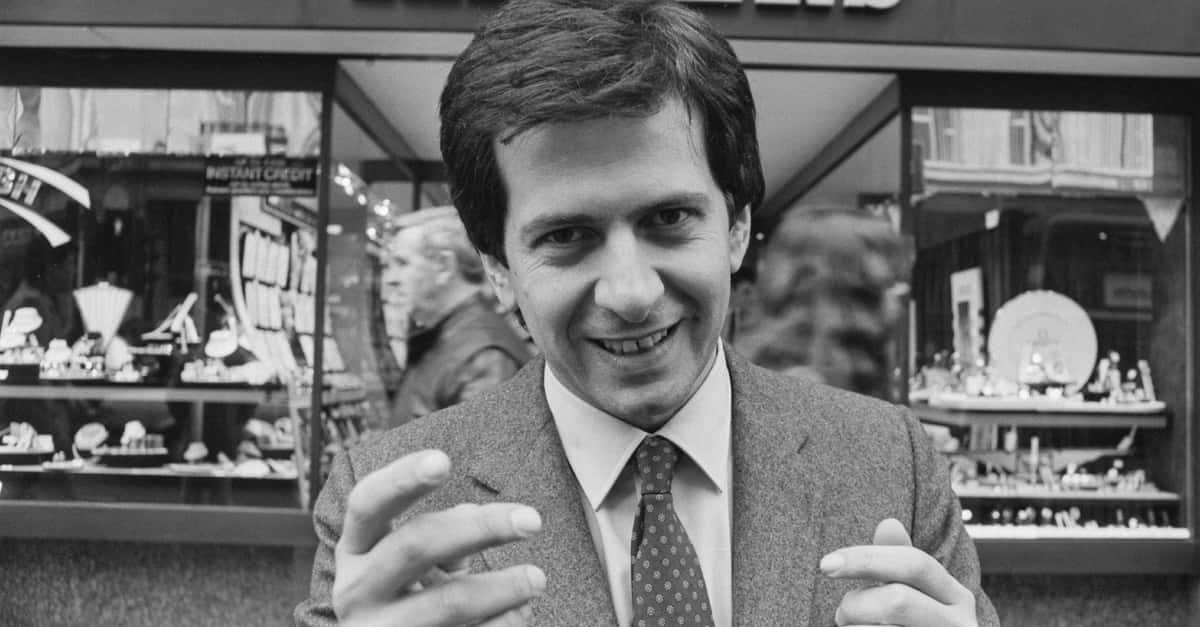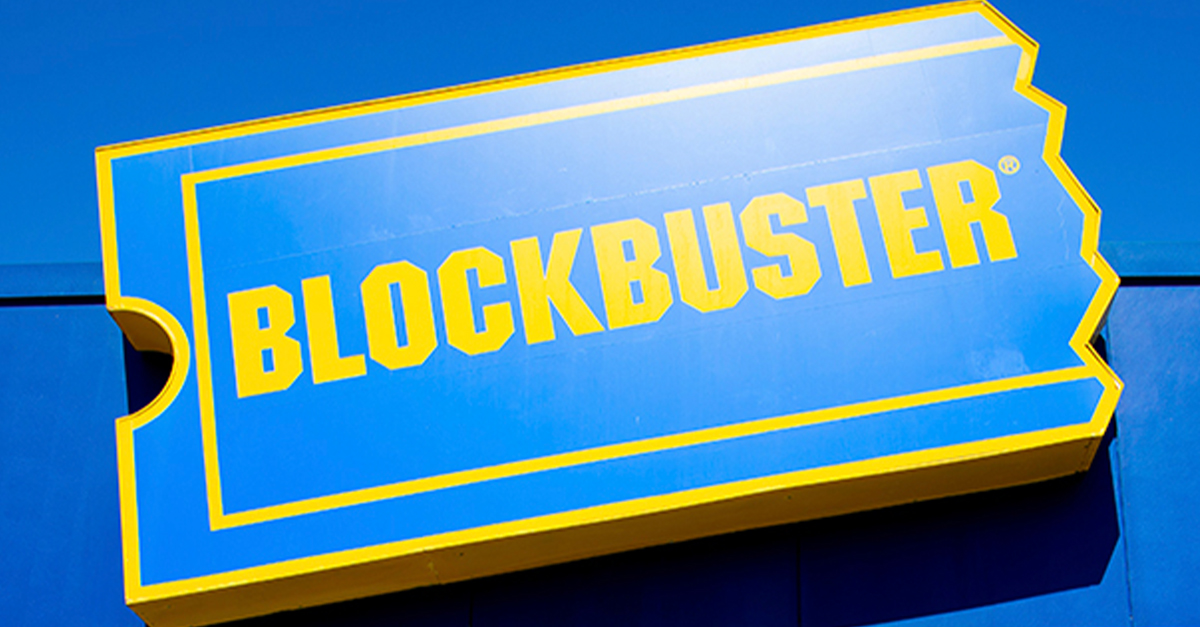10 Reasons You Didn't Get the Job

Job interviews can be a nerve-wracking experience for many people.
Data can fluctuate depending on the industry, location, and the economic situation, but according to some studies and surveys, it's estimated that you might be one of anywhere from 10 to 250 candidates for a given position. Considering this, the majority of individuals who interview will not secure the job.
The pressure to make a good impression and secure a position can sometimes lead to big mistakes you end up regretting later.
A Glimpse Into Reality
Navigating the world of job interviews can often be influenced by a wide array of factors and data. According to Glassdoor, on average, the hiring process in the United States takes about 23 days, which reflects the time employers invest in seeking the right candidate through various stages, including interviews.
Moreover, according to a survey by CareerBuilder, 49% of employers know within the first five minutes of an interview whether a candidate is a good fit for a position, underscoring the critical importance of first impressions.
A survey by the Society for Human Resource Management (SHRM) highlighted that 20% of HR professionals believe cultural fit is the most crucial aspect when hiring new employees. In essence, during interviews, employers are not only evaluating your skills and qualifications but also keenly observing whether candidates will seamlessly integrate into the company's environment and ethos. This underscores that both technical and soft skills are under scrutiny in every interaction during the hiring process.
Given that information, let’s explore the biggest mistakes employers say people make during job interviews and discuss viable alternatives to ensure you leave a positive and lasting impression on your potential employers.
Arriving Late
Tardiness can send a message of unreliability and disrespect. Always aim to arrive 10-15 minutes early to show punctuality and respect for the interviewer's time.
Dressing Inappropriately
Avoid casual attire, as it might come off as unprofessional. Opt for professional, clean, and neat attire that aligns with the company’s culture.
Bringing a Drink or Snack
Consuming food or beverages during an interview seems casual and distracted. Keep your focus on the conversation and maintain professional decorum.
Interrupting the Interviewer
Interruptions can signal impatience or arrogance. Listen actively and respond thoughtfully, showing respect for the interviewer's words and time.
Speaking Negatively About Previous Employers
Bad-mouthing past workplaces suggests a negative attitude. Focus on your achievements and learning experiences from past roles without assigning blame or expressing bitterness.
Using Excessive Filler Words
Overuse of "um," "like," and "uh" can indicate nervousness and lack of preparation. Instead, pause briefly to collect your thoughts before responding to questions.
Failing to Provide Specific Examples
Vague and generalized answers lack impact. Be sure to offer concrete examples from your experience to validate your skills and accomplishments.
Neglecting to Research the Company
Lack of knowledge about the company indicates disinterest. Demonstrate your enthusiasm and interest by discussing specific aspects of the company that excite you.
Forgetting to Prepare Questions
Not having questions may suggest a lack of curiosity and engagement. Prepare thoughtful questions that show your interest in the role and the company’s future.
Ignoring Body Language
Poor body language can convey disinterest or lack of confidence. Maintain eye contact, sit upright, and employ positive facial expressions to demonstrate engagement and confidence.
Final Thoughts
Navigating a job interview successfully involves a balance of showcasing your skills and demonstrating professional etiquette. By avoiding common pitfalls and adopting positive practices, you put yourself in a strong position to make a favorable impression.
Always remember that an interview is a two-way street: while you are being considered for a role, it’s equally an opportunity for you to gauge if the company and position align with your career goals and values.



















